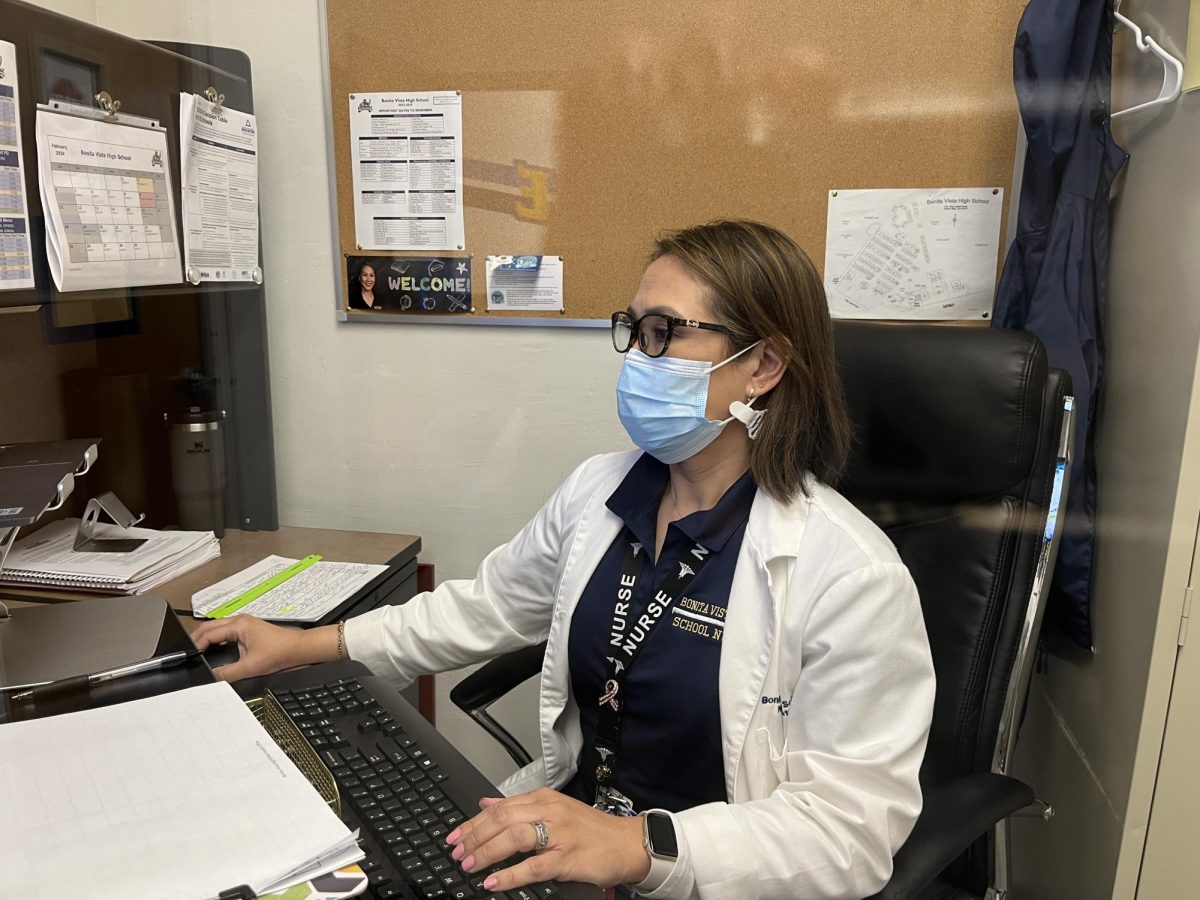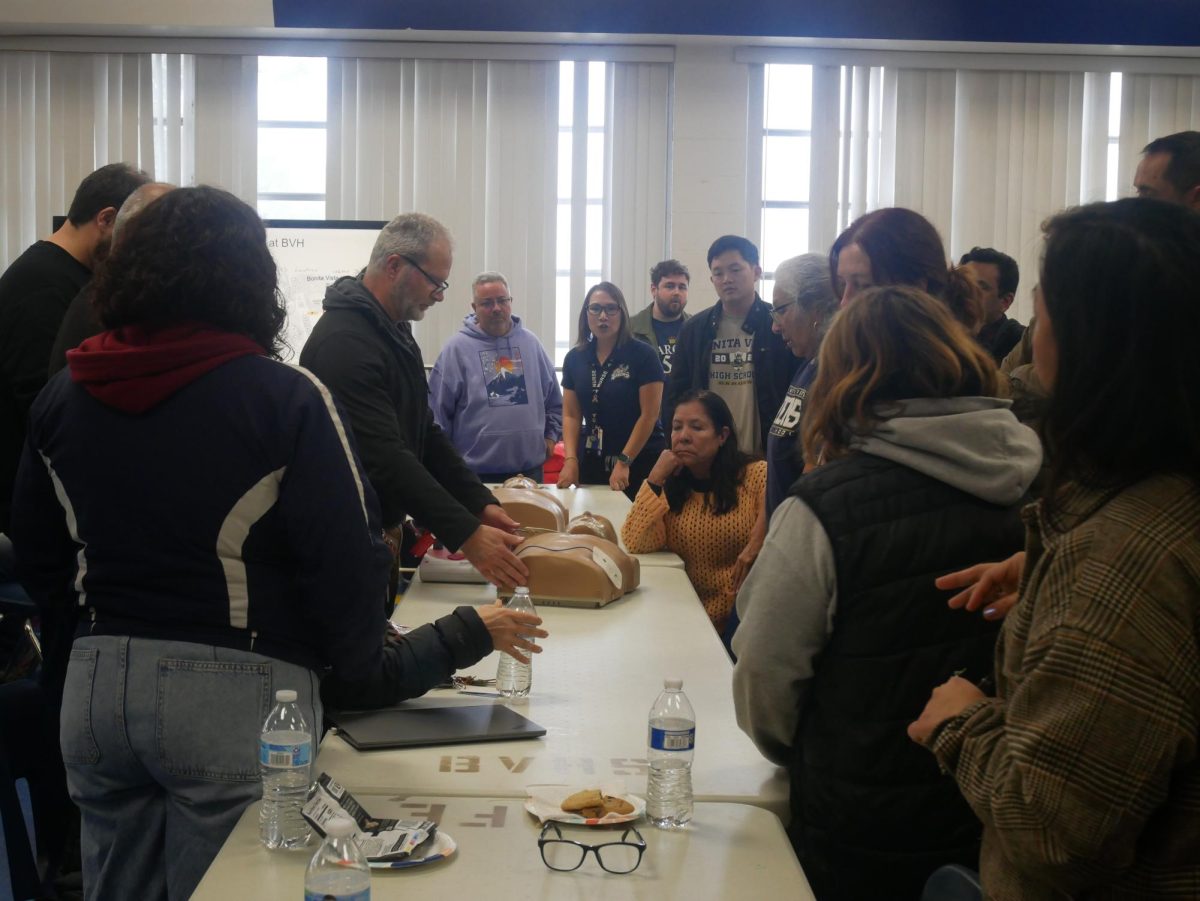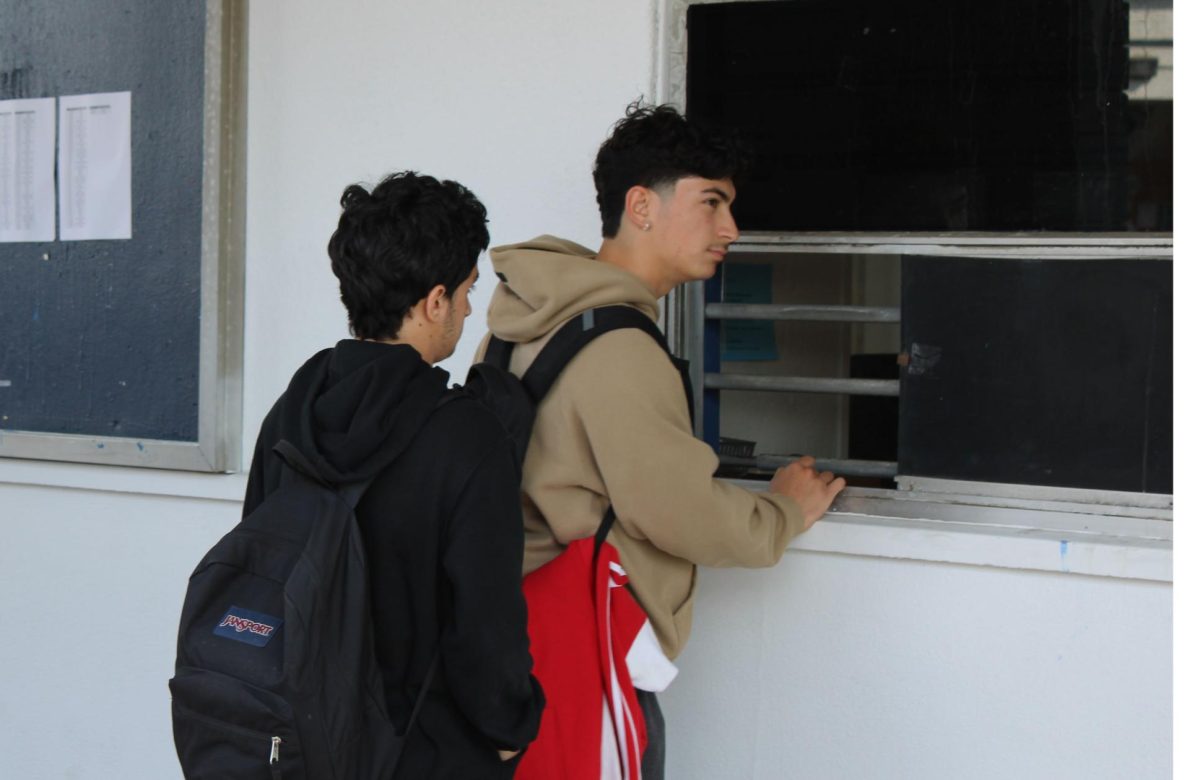On Jan. 18th the Bonita Vista High (BVH) Administration sent out an email to students and parents regarding a case of Pertussis —Whooping Cough —on campus. The purpose of the email was to inform students and parents about the exposure, precautions and symptoms of the disease in case of catching it. Family Medicine Doctor, Pomia Roberts, a BVH parent shares the importance of the email and what the disease is.
“Whooping Cough is a disease [called] Pertussis, it is from a bacteria that is spread through respiratory contact such as coughing, sneezing or even talking to someone within close contact. [The email] was good to follow up and educate students and parents, so that people don’t get scared,” Roberts said.
The email sent out in regards to students and parents by the BVH administration was to ensure students safety as well as implementing precautions to prevent spreading the disease. Whooping Cough is not a common disease found on high school campuses since it targets infant children. Therefore School Nurse, Currin Bernadette wanted to take the precautions seriously. Bernadatte shares how infectious the Whooping Cough is and why we should take safety measures.
“It is something that we don’t see much of, but it is something important [due to] the amount of people [on our campus] and how quickly it can spread. You can spread it at school, take it home and bring it home,” Bernadette said.
The email was sent out by the Public Health Department, where they inform schools within the Sweet Water Union High School District when a student tests positive for a contagious disease. The San Diego health code used by BVH states that if there is a case of a contagious disease like Whooping Cough, the school is in charge of notifying parents and students about the contagion. BVH Associated Student Body (ASB) Advisor, Attendance Coordinator and Math teacher Christina Ada shares the importance of the message even if a student wasn’t exposed.
“As the Attendance Coordinator, I received a message that one of our students would be out of school for Whooping Cough and. It is a San Diego health code that we notify when someone on our campus is tested for Whooping Cough. We have to notify everyone on campus regardless if the student was in your class or not because you could have ran into the student in the halls or sat next to him. So, it is just a precaution that we follow when the school is notified,” Ada said.
Whooping Cough is not as serious when it comes to high school students, however, precautions should still be considered due to the large number of students on campus. With this in mind, if a student were to get Whooping Cough they have the potential to bring it home and put family members at risk of getting it.
“It can be a serious infection, especially for people with respiratory illnesses, like asthma. You can also take it home to your grandma and grandpa,” Roberts said.
The importance of sending the email out to parents was informative to take precautions if their child comes home with similar symptoms. If a student were to get it, it gives the school time to notify and tell the rest of the campus, to prevent an outbreak.
“My daughter sent the email to me right away because she was not sure what it was about. It is good [for her and others] to follow up and [be] educated about it so that people do not get scared. It can be common in all communities, schools, classrooms and of course at home. If a family member has it, it is pretty easy to spread,” Roberts said.








